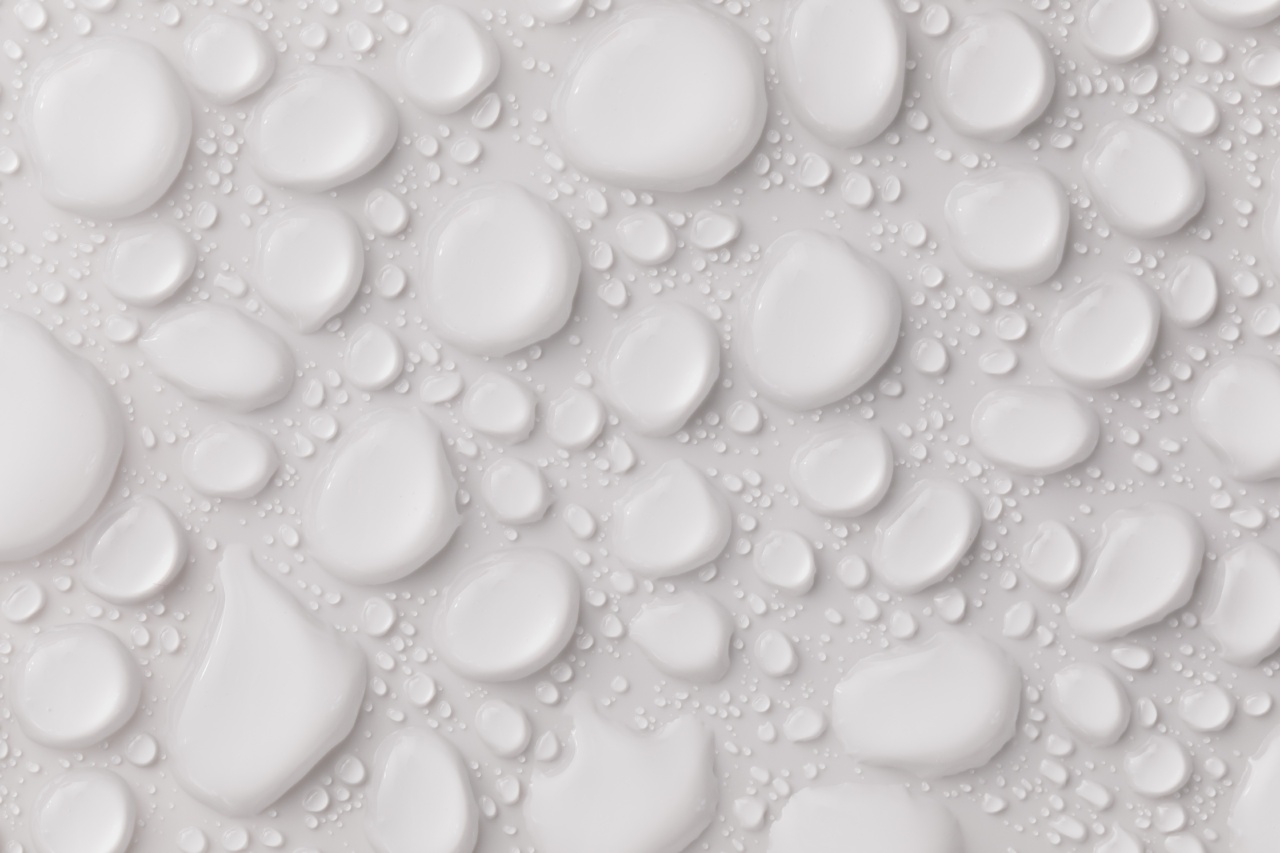Hypertension, also known as high blood pressure, is a common chronic condition that affects millions of people worldwide. It occurs when the force of blood against the artery walls is consistently too high, putting strain on the heart and blood vessels.
If left untreated, hypertension can lead to serious health complications, such as heart disease, stroke, and kidney problems.
Hypertension Causes and Risk Factors
While the exact cause of hypertension is often unknown, several factors can contribute to its development. These include:.
- Genetics: Family history of hypertension can increase your risk.
- Poor Diet: A high-sodium, high-fat diet can lead to hypertension.
- Obesity: Being overweight or obese puts extra pressure on the blood vessels.
- Lack of Physical Activity: Leading a sedentary lifestyle can increase the likelihood of hypertension.
- Chronic Stress: High stress levels can contribute to elevated blood pressure.
- Age: The risk of hypertension increases with age.
- Underlying Medical Conditions: Certain medical conditions, such as kidney disease, thyroid problems, and sleep apnea, can contribute to hypertension.
Simple Lifestyle Changes to Manage Hypertension
While medication may be necessary in some cases, simple lifestyle modifications can often help manage hypertension effectively. Here are some remedies you can incorporate into your daily routine:.
1. Maintain a Balanced Diet
Aim for a diet rich in fruits, vegetables, whole grains, and lean proteins. Limit your intake of salt, saturated fats, and cholesterol. Incorporate heart-healthy foods into your meals, such as avocados, nuts, seeds, and fatty fish like salmon.
2. Regular Physical Exercise
Engaging in regular physical activity helps strengthen your heart and improves blood flow. Aim for at least 150 minutes of moderate aerobic exercise or 75 minutes of vigorous aerobic exercise each week.
Additionally, include strength training exercises twice a week.
3. Maintain a Healthy Weight
If you are overweight or obese, losing even a small amount of weight can make a significant difference in managing hypertension. Make healthy lifestyle changes to achieve and maintain a healthy weight.
4. Limit Sodium Intake
Reducing your sodium intake is crucial in managing hypertension. Avoid adding extra salt to your meals and limit the consumption of processed and packaged foods that are often high in sodium. Opt for fresh, whole foods instead.
5. Quit Smoking
Smoking damages blood vessels and significantly increases the risk of hypertension and other cardiovascular diseases. Quitting smoking is one of the most effective lifestyle changes you can make to improve your overall health.
6. Limit Alcohol Consumption
Excessive alcohol consumption can contribute to hypertension and heart disease. If you drink alcohol, do so in moderation. Limit your intake to one drink per day for women and two drinks per day for men.
7. Manage Stress
Chronic stress can elevate blood pressure. Find healthy ways to manage stress, such as practicing relaxation techniques, engaging in hobbies, and spending quality time with loved ones.
8. Get Sufficient Sleep
Poor sleep and sleep disorders can have a negative impact on blood pressure. Aim for seven to eight hours of quality sleep each night. If you experience sleep problems, consult with a healthcare professional for guidance and treatment.
9. Monitor Blood Pressure Regularly
Regularly monitoring your blood pressure is essential in managing hypertension effectively. Invest in a reliable blood pressure monitor for home use and record your readings regularly.
Consult with your healthcare provider about how often you should check your blood pressure and what your target range should be.
10. Seek Medical Advice
If lifestyle modifications alone are not enough to manage your hypertension, it is important to seek medical advice. Your healthcare provider may prescribe medication or recommend additional treatment options to help control your blood pressure.
Conclusion
Hypertension is a serious condition that requires proactive management. By implementing these simple and effective remedies into your daily routine, you can take control of your blood pressure and reduce your risk of developing complications.
Remember, always consult with your healthcare provider for personalized advice and guidance in managing hypertension.




























